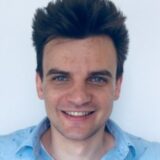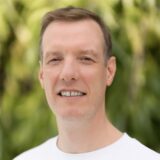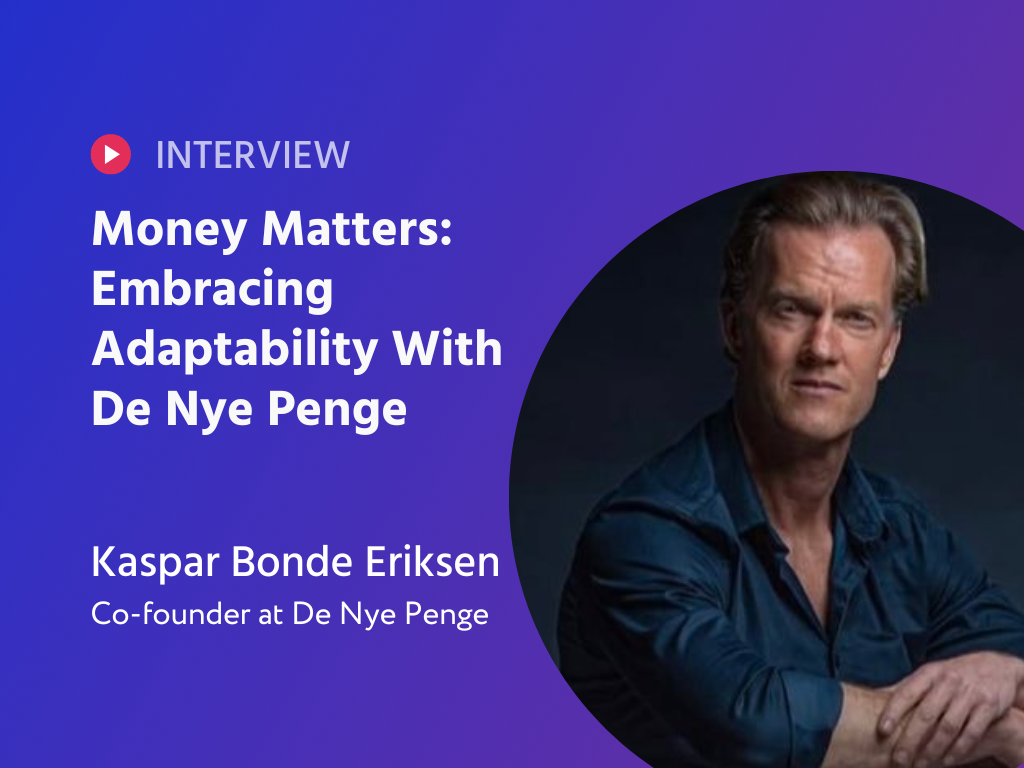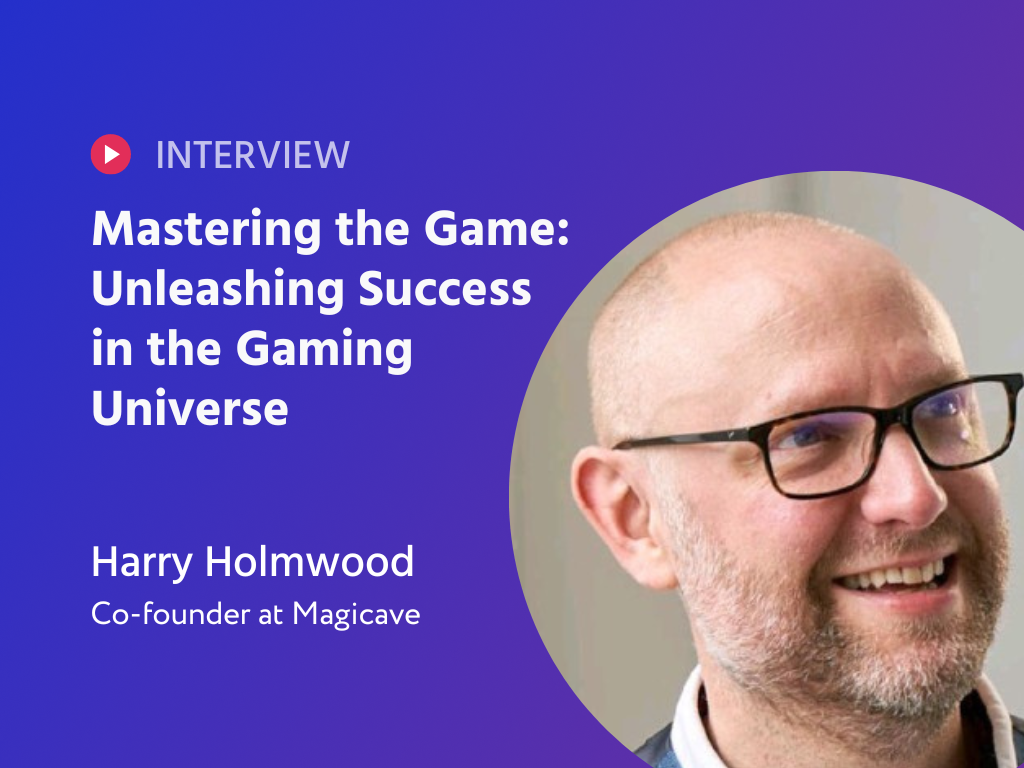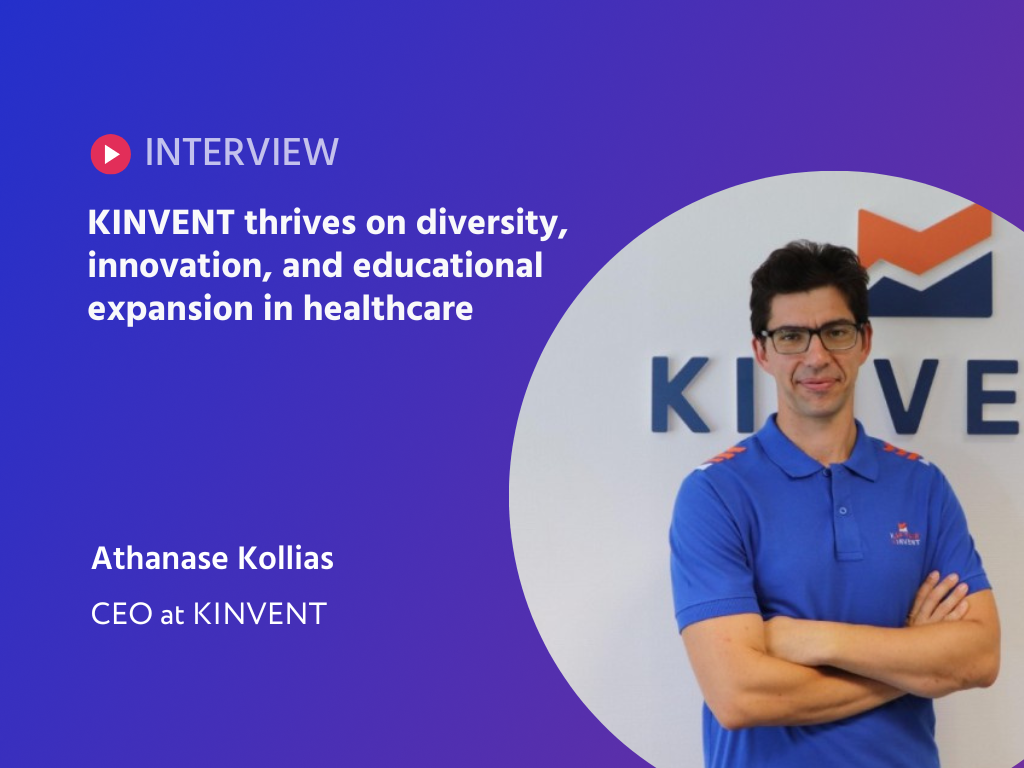The next guest on Brightest Temy Talks podcast is Arnaud Lucas CTO at Wanderu.
Wanderu is North America's leading ground travel search engine. Their purpose is to help individuals commute by bus or rail between any two locations. A travel technology firm created by first-generation immigrants and run by a 40% female executive staff, including the CEO.
With experience working in the travel industry, TripAdvisor, we were curious to find out what lessons Arnauld has taken from this and how he can use them to drive Wanderu’s mission forward, yet Arnault tells how although they have a very similar history, the business models are very different.
The Product
So Wanderu is the leader for users to search and find the ability to use contrast petitions, the way that works is by asking users to go from point A to point B. We give them two choices for them to select and be able to book accordingly. So that means that we have a lot of integrations with carriers of different kinds.
Time difference can be a killer… if you let it
Wanderu is a completely remote-operating company that allows all of its employees to work flexible hours, but the team must be available within a certain window that works between the west and east coasts, but people do their work there when and where they want. We asked Arnaurd how he avoids the lure of working extremely long hours when working remotely is so easy.
“My wife helps, limiting the window of your work, so she takes care of the management of my hours.” He laughs. “But we at Wanderu believe it works great.”
After having joined Wanderu only six months ago we were curious to find out how challenging that has been for Arnaud, seeing as though it is usually a CTO who builds the engineering team from scratch but here, the culture fit, etc. Coming into the team already built and working with specific technologies must have presented Arnaud with a challenge. So how did Arnauld decide Wanderu was the team for him?
“I believe it stems from the interview procedure. For me, the goal was to examine the company's culture during the interview process and its underlying beliefs. I was fortunate enough to meet many of the engineers and executives before joining the company. So that greatly aided my job because I could check on a wide range of data points rather than just a few.”
Examine the company's culture during the interview process and its underlying beliefs
Once a taboo topic for a business but now vital: Transparency
Business transparency is the practice of being open, honest, and forthright about various company activities, and Arnauld considers this a crucial factor when deciding whether to join the Wanderu universe. Over time, the concept of a transparent corporation has changed. In today's market, however, businesses that carefully hold their success secrets run the danger of creating the reverse impact, discouraging staff involvement and limiting their brand affinity potential.
“The brain of any effective team is open communication, which inspires and enables everyone to do their part to do the right thing. Considering only what they know, their field, and everything else. I think that's what allowed us to not just make it through, but thrive during those hard times.”
The brain of any effective team is open communication, which inspires and enables everyone to do their part to do the right thing
“Since the speed with which we can take in data, process that data into actionable knowledge, and then communicate that knowledge to others (through mediums like the news) is of the essence, this was a very important fundamental principle for me to uncover. In my opinion, it is crucial for the continued success of any business. Doing so is the only way to know for sure that you are acting ethically.”
Small but mighty. A tech team making waves not ripples
“At this point, we are a small team and the tech team is only a little less than half of the final make up. So one of the things I did was hire more people, because we really were, I believe, in desperate need of being able to go forwards as we just didn't have enough hands. The bigger technical challenge is that the team is so small in comparison to the hours, and the footprint that we have on a company.”
Increasing capacity and knowledge in several areas was therefore vital and Arnaud tells how they've done a lot of that up to this point, making sure they always remain true to the plan. But to Arnaud, regular feedback sessions are so important. He tells how he approaches team communication…
“Honesty is especially important when you're still relatively new to the company. So I like to meet with each engineer, as well as my friends, at least once every two weeks on a one-on-one basis. I go about it methodically. I refer to the sprint retrospective as a significant part of the communication process, but depending on the domain and issue at hand we would go deeper into it by additional means of communication.”
The gentle side of project management
Arnaud told how he and his team do their sprints every two weeks and these principles are driving Wanderu’s delivery because for them, it really is a wake-up call and defines how they use agile. He tells how they do this and that's on purpose since it's largely a scrum organization, which is evolving.
We're always evolving. That is exactly what we should be
Master of all trades: a team that can take care of itself
Arnaud teaches his engineers to be versatile across the board which is an interesting approach because there is a strong belief that some engineers would be better off with a specialization. They believe a master of all trades, a T-shaped engineer, is the most result-driving approach.
T-shaped engineers are not experts in every field, but they do have both depth and breadth. We wanted to know what Arnaud thinks about this and why he believes his approach is the ideal solution.
“When your personnel are professionals in a certain area, this is not what we call a T-shaped engineer. I agree that having one skill is advantageous, but, if necessary, they can broaden that depth of knowledge. Develop a well rounded engineer who has an array of knowledge to tap into.”
Develop a well rounded engineer who has an array of knowledge to tap into
Arnaud reasons that the point of doing so is that projects rarely touch only one piece of the stack.
“Yes, perhaps 80% stay with the author and project, but there is always that 20% that you have to tweak the API, change something on the backend, make a database query, but often to get it evaluated you have to wait for someone else.”
These are costly handoffs - waiting for someone else to finish the job
“And if a person applies to be able access data with support from your engineers, it doesn't mean that they are doing the vacuum, but there is an expert on the back end on the API on mobile who can help direct them in the right direction for them to unblock themselves.”
Arnaud tells how such an approach to training up your engineers provides you with a much more collaborative effort. People can do different things across the stack but there is this area of expertise where people can effectively support each other based on their area of expertise.
Recruitment: How to find the right engineers
It is difficult to find qualified engineers to hire in the current market, let alone engineers that fit with your culture. This is due to the great demand for engineers and the variety of employment available, especially software engineers, many of whom can afford to be picky, constantly looking out for the next opportunity. We wanted to find out how Arnaud finds these engineers capable of learning more than just the specialization.
“I begin by giving them a really difficult task to work on. By doing so, we get to pick out those engineers from the on-set who are well-versed in how to fall.”
A CTO late to the party left with a choice: to optimize or start all from the beginning
With Arnauld coming to the company several years after its foundation, the team, the tech and the culture had already been formed. But why when something is not broken, why try fix it?
Arnauld tells how initially he was trying to optimize the infrastructure side as this is something that can forever be improved. By doing so they need fewer people to administer it. Less hands, less work, less stress.
“So we keep evolving and improving, and now we're working on increasing decks from different positions and also JAMstack. So, things are constantly evolving. But, fundamentally, what it is like does not change. This stack is currently quite popular but perhaps, if we were looking to change the technologies we are using, we would maybe, instead of Python. I adore Java, and it would work well and quickly but for now, Python is perfectly functional at this time. We have no plans to change our stack as right now, we are focused on optimization.”
Mirror Mirror on the wall where will the future of tech business travel fall?
We wanted to know Arnauld's expert opinion on where the market is going and which outlooks he personally had for the future of the business travel industry. He told how we can’t think about the future of business without thinking about the looming recession that is about to bring a heavy storm down on most startup businesses.
The big question we should be asking ourselves is how do we want the travel industry to fare in terms of normalization?
“The truth is that it's never easy to tell. But during a recession, people have less income, and thus will choose to remain home. People travel less. When they travel, though, they tend to prefer cheaper options or to visit destinations that are closer to home. So, usually, I will argue that the first industry that has an impact on flights is airlines. I believe Wanderu does extremely well in this area, because during a recession, despite the general number of travel decreases, people prefer to gravitate toward what is known as in transit. And that is exactly what the entire offering is.”
